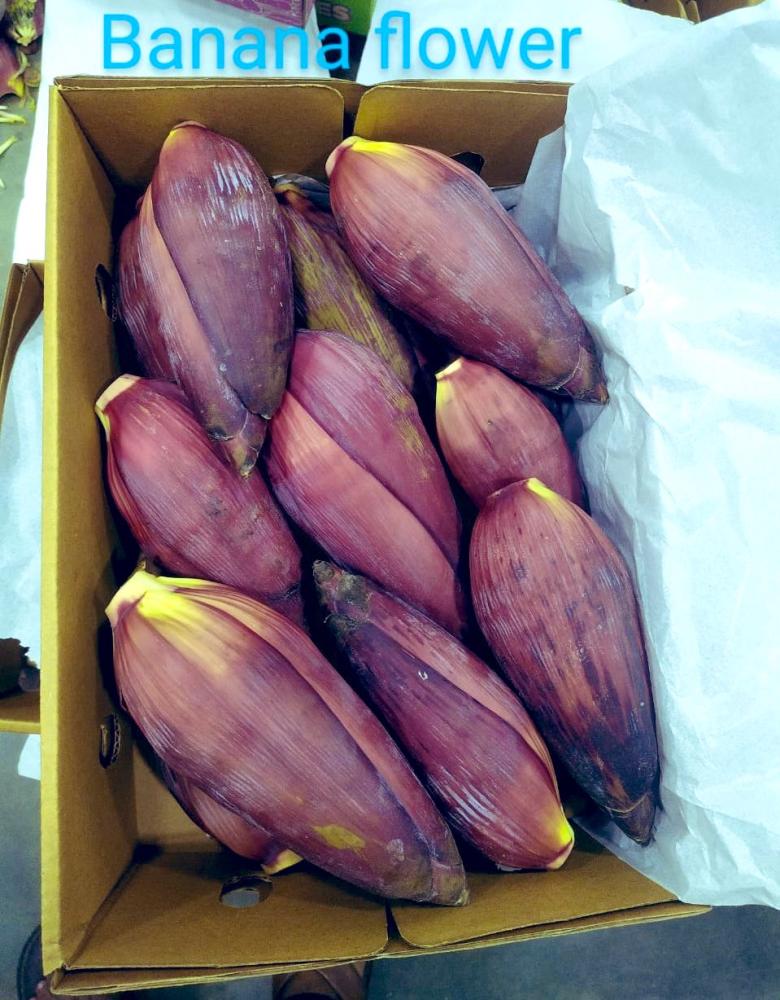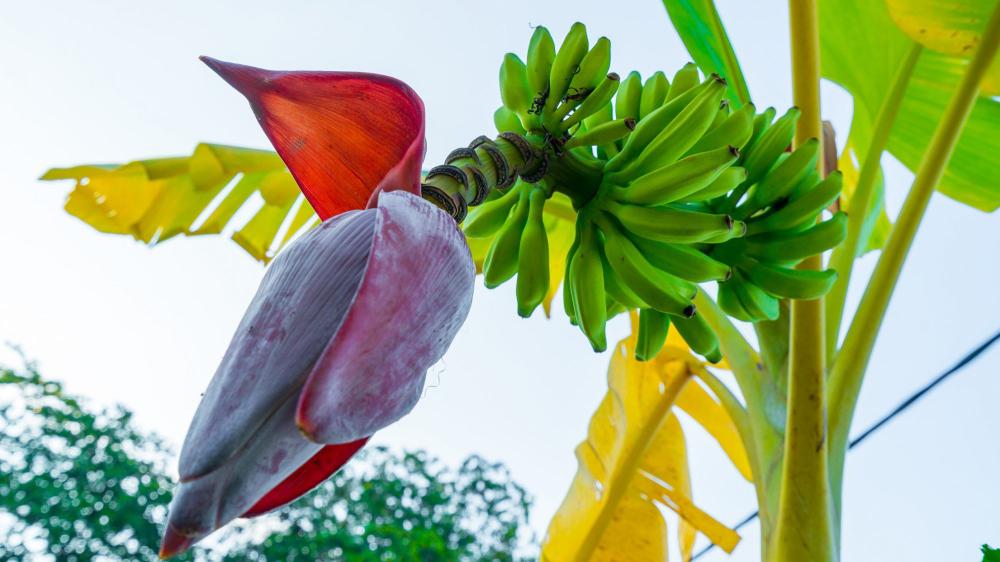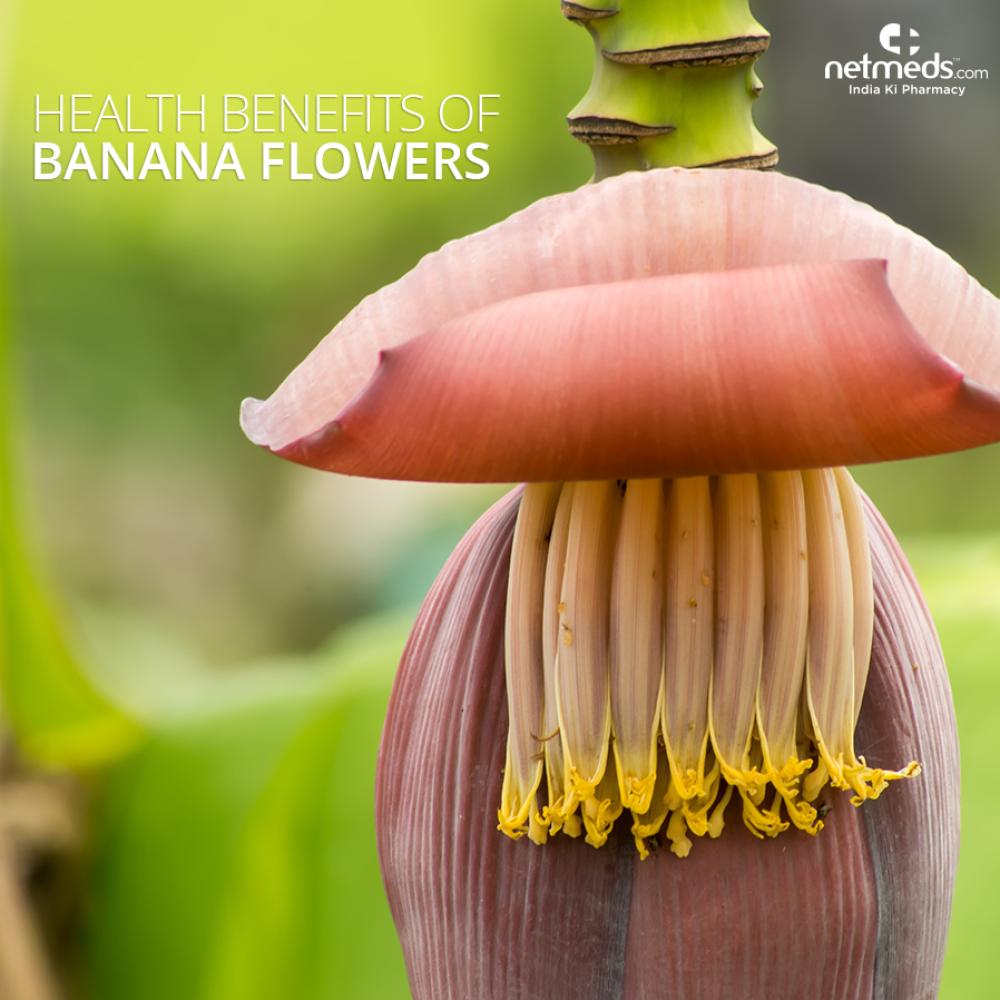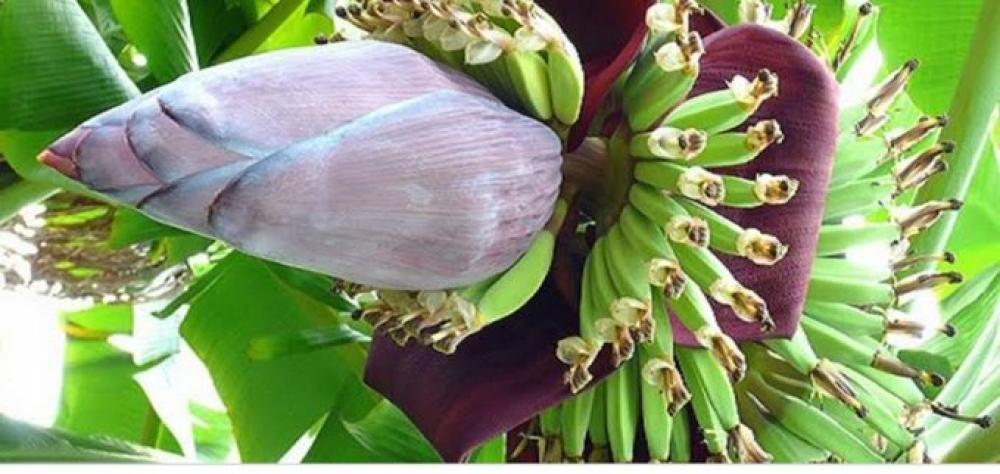Tulime Commercial Farms
The Incredible Benefits of Banana Blossoms: A Superfood Waiting to Be Discovered
Briefing
Description :
Banana blossoms, the tear-shaped, maroon or purplish flowers hanging from the end of banana clusters, are gaining recognition as a potent superfood packed with nutritional and health benefits. While commonly found in Southeast Asian cuisine, banana blossoms, scientifically known as Musa acuminata, are surprisingly underutilized in Uganda, despite their availability and the fact that they are often discarded as waste. However, companies like Ingcorp Fruits and Veg Uganda are starting to recognize the potential of exporting these nutrient-dense blossoms, especially with growing global interest in superfoods.
Why Are Banana Blossoms Nutritionally Valuable?
Banana blossoms are loaded with essential nutrients, including minerals like potassium, sodium, phosphorus, magnesium, and trace minerals like copper and iron. These elements are crucial for various bodily functions, from bone health to blood production. Additionally, they are rich in antioxidants and fiber, which not only aid digestion but also combat free radicals that contribute to aging, cancer, and heart disease. Banana blossoms contain a modest amount of protein and essential amino acids, making them beneficial for vegetarians and vegans as well.
Health Benefits of Banana Blossoms
Strengthens Immunity Against Infections Banana blossoms have antimicrobial properties, making them effective in treating infections naturally. Their ethanol extract prevents the growth of harmful bacteria, thus boosting immunity and reducing the risk of infections.
Supports Menstrual Health Cooked banana flowers are known to alleviate abdominal pain associated with menstruation and reduce menstrual bleeding. When consumed with yogurt, they help increase progesterone levels in the body, making it a natural remedy for menstrual discomfort.
Regulates Blood Sugar Levels According to research published in the Journal of Food and Agriculture, banana flower extracts can enhance glucose uptake in the body, thus helping to control blood sugar levels, especially beneficial for individuals with diabetes.
Promotes Mental Wellness Banana blossoms are high in magnesium, a mineral known to reduce anxiety and improve mood. This natural antidepressant effect supports mental well-being, making them an excellent addition to stress-relief diets.
Reduces the Risk of Cancer and Heart Disease Packed with antioxidants like phenolic acids, tannins, and flavonoids, banana blossoms help neutralize free radicals, reducing oxidative stress that is linked to heart disease and cancer.
Improves Lactation in Nursing Mothers Traditionally, banana flowers have been used as a galactagogue, aiding lactating mothers by increasing breast milk production. They also help support uterine health and minimize post-delivery bleeding.
Boosts Kidney Health Banana blossoms can naturally promote kidney health by dissolving kidney stones and preventing urinary infections due to their diuretic properties, which help flush out toxins.
Combats Iron Deficiency High in iron, banana blossoms are an excellent remedy for anemia. Regular consumption can improve hemoglobin levels, reduce fatigue, and support oxygen transport throughout the body.
Aids in Digestive Health With their high fiber content, banana blossoms are effective for digestive health. They aid in neutralizing stomach acidity and easing indigestion, while also acting as a mild laxative to relieve constipation.
Facilitates Weight Management Low in calories yet rich in fiber, banana blossoms curb hunger pangs, making them an ideal addition to weight-loss diets.
Promotes Bone Health Rich in calcium and other minerals, banana blossoms support strong bones, reduce joint discomfort, and protect against osteoporosis, making them especially valuable for elderly individuals.
How to Use Banana Blossoms
While they are technically a fruit, banana blossoms are often prepared and eaten like a vegetable. In Southeast Asia, they are added to salads, soups, and curries, and even made into tea. Here’s a simple guide to prepare banana blossoms:
Preparation Steps:
Wash the blossom thoroughly.
Remove the outer layers (bracts) to reveal the tender inner flowers.
Remove the sap from the petals as it can be bitter. Soaking the flowers in lemon water can also help reduce bitterness.
Cooking Tips:
Banana blossoms can be eaten raw or cooked, offering versatility in various recipes. They pair well with bold flavors and spices.
Try adding them to salads, soups, or stews, or even use them as a meat substitute for vegetarian dishes due to their hearty texture.
Economic and Culinary Potential in Uganda
Despite their value, banana blossoms are often overlooked in Uganda, where they can be found for as little as 2500 UGX. By embracing banana blossoms as a nutritional and medicinal powerhouse, there’s an opportunity to enhance the health and wellness of Ugandans while tapping into export markets that are recognizing the value of this unique superfood. Banana blossoms offer an affordable and highly nutritious food source with benefits that could greatly impact Ugandan households if integrated into daily meals.
For farmers, culinary enthusiasts, and health advocates, it’s time to explore the hidden potential of banana blossoms, not only as an ingredient but also as a powerful ally in nutrition and health. Through companies like Ingcorp Fruits and Veg Uganda, these blossoms are making their way to international markets, yet there’s plenty of room to expand their presence locally as well. Whether used as a spice or a hearty vegetable, banana blossoms could soon become a staple for health-conscious individuals in Uganda and beyond.
So, let’s discover and celebrate this unsung superfood for its nutritional benefits and untapped potential!









